The world will not accept dictatorship or domination
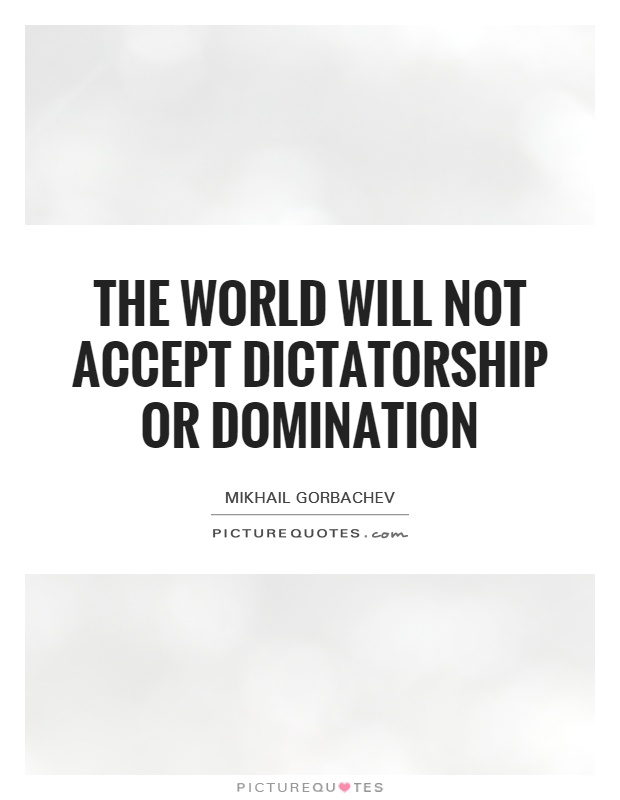
The world will not accept dictatorship or domination
Mikhail Gorbachev, the former leader of the Soviet Union, is often credited with ushering in a new era of openness and reform in his country. His policies of glasnost (openness) and perestroika (restructuring) were aimed at modernizing the Soviet economy and political system, and ultimately led to the end of the Cold War and the dissolution of the Soviet Union.One of the key principles that Gorbachev espoused during his time in power was the idea that the world would not accept dictatorship or domination. He believed that the Soviet Union needed to move away from its authoritarian past and embrace a more democratic and open society in order to thrive in the modern world. Gorbachev understood that the days of superpowers dominating global politics were coming to an end, and that countries needed to work together as equals in order to address the challenges of the 21st century.
Gorbachev's commitment to this principle was evident in his efforts to improve relations with the West and promote disarmament. He signed several arms control agreements with the United States, including the Intermediate-Range Nuclear Forces Treaty, which helped to reduce the risk of nuclear war and build trust between the two superpowers. Gorbachev also supported the reunification of Germany and the peaceful resolution of conflicts in Eastern Europe, demonstrating his belief in the power of diplomacy and cooperation over coercion and force.
Despite his efforts to reform the Soviet Union and build a more peaceful world, Gorbachev faced resistance from hardliners within his own government who were opposed to his policies of openness and reform. In the end, it was this internal opposition, combined with economic and political challenges, that led to the collapse of the Soviet Union in 1991.
However, Gorbachev's vision of a world free from dictatorship and domination lives on. His legacy as a reformer and peacemaker continues to inspire leaders around the world to work towards a more just and equitable global order. As we confront new challenges in the 21st century, from climate change to terrorism to pandemics, Gorbachev's message remains as relevant as ever: the world will not accept dictatorship or domination, and only through cooperation and mutual respect can we build a better future for all.


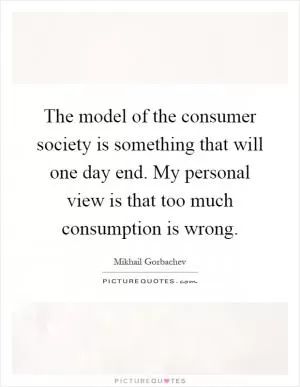
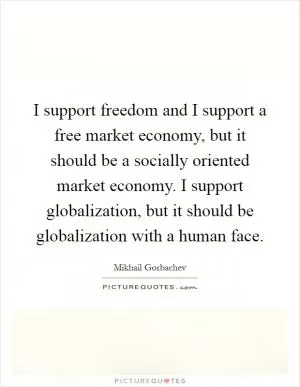
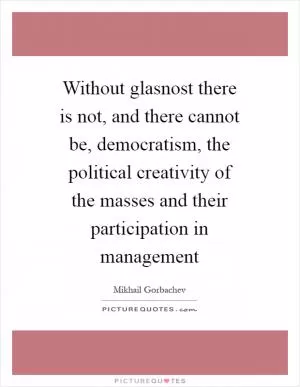

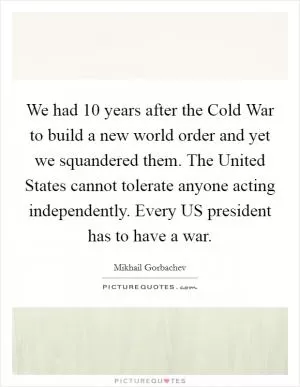
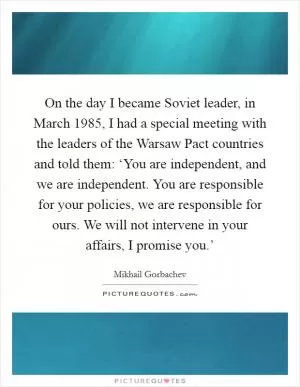
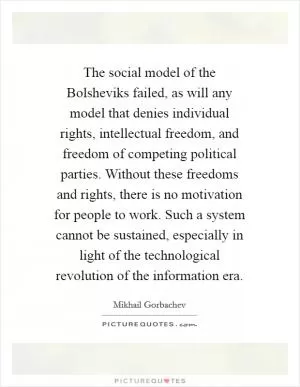
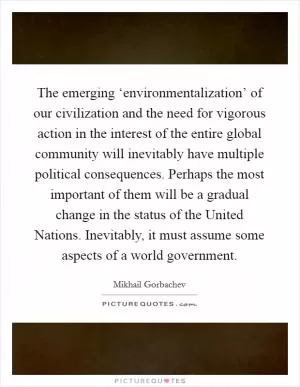
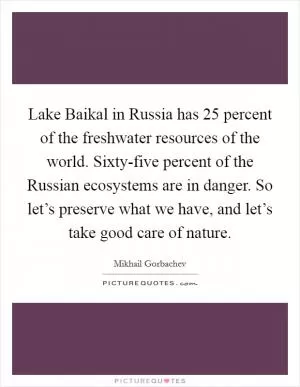

 Friendship Quotes
Friendship Quotes Love Quotes
Love Quotes Life Quotes
Life Quotes Funny Quotes
Funny Quotes Motivational Quotes
Motivational Quotes Inspirational Quotes
Inspirational Quotes